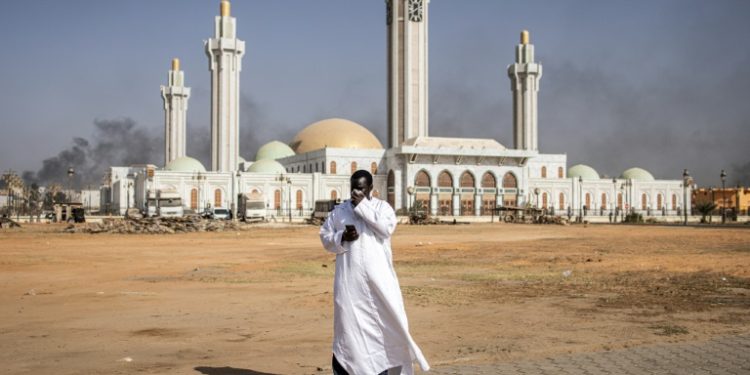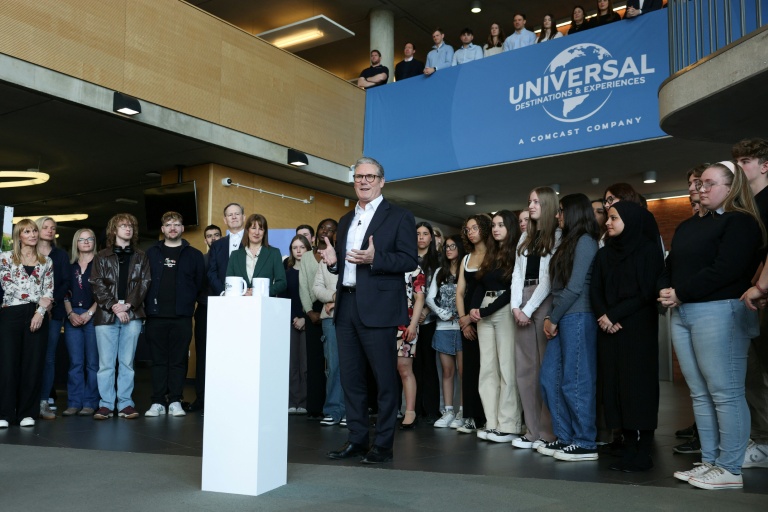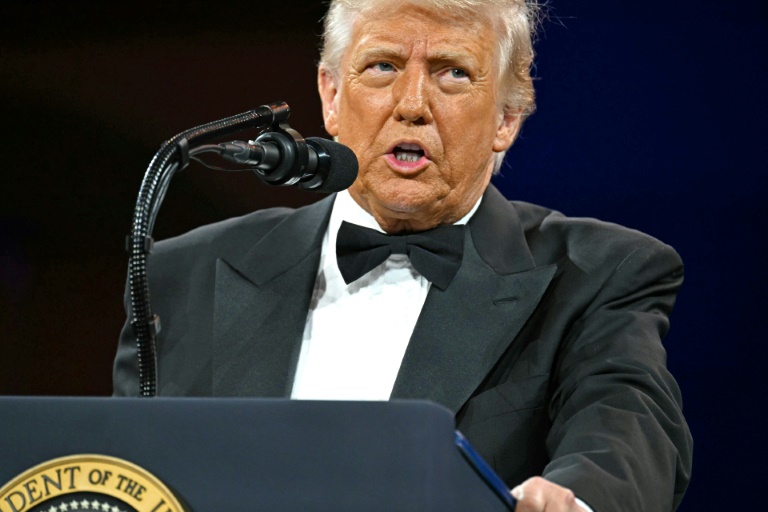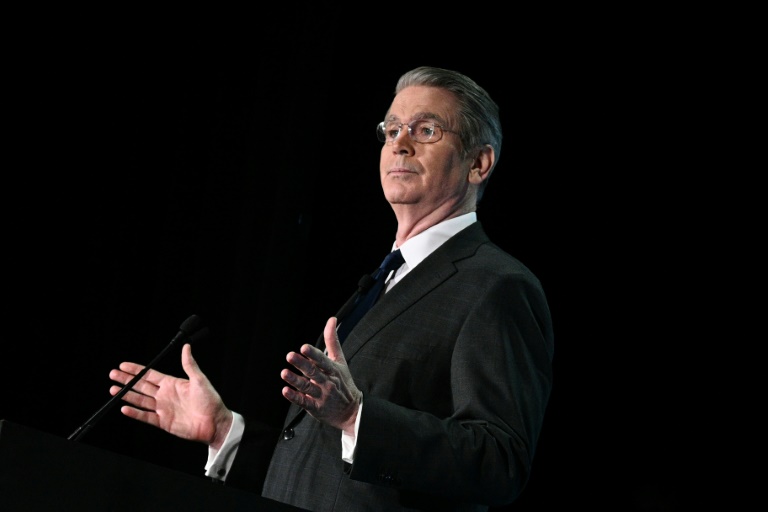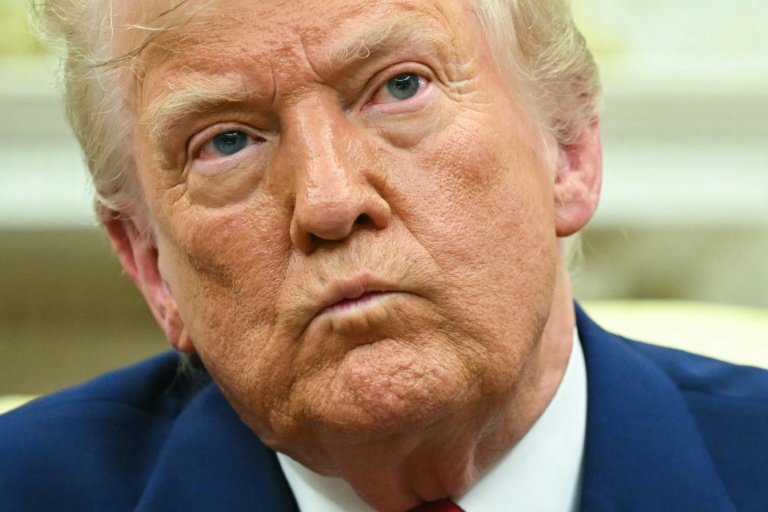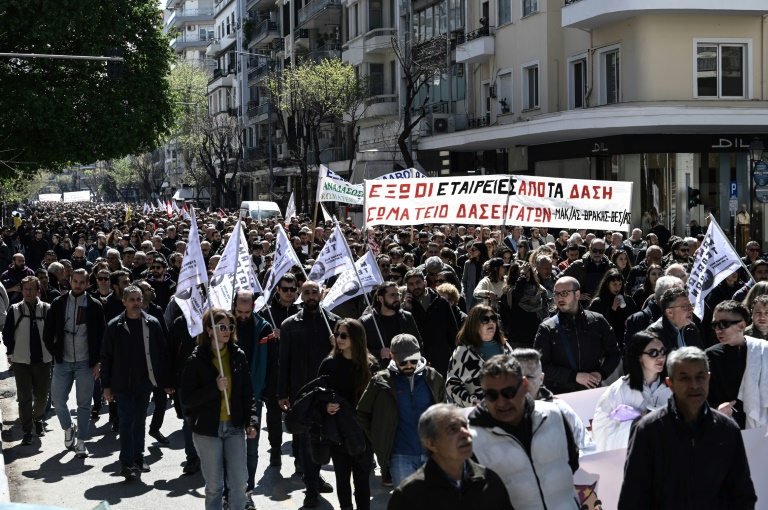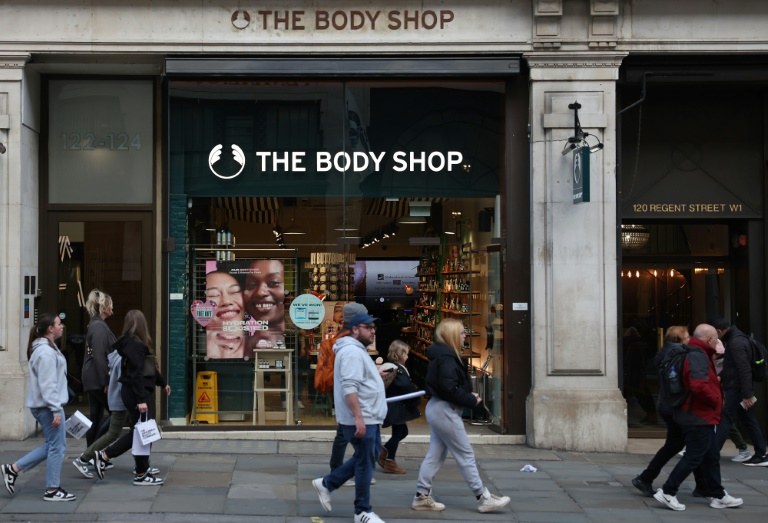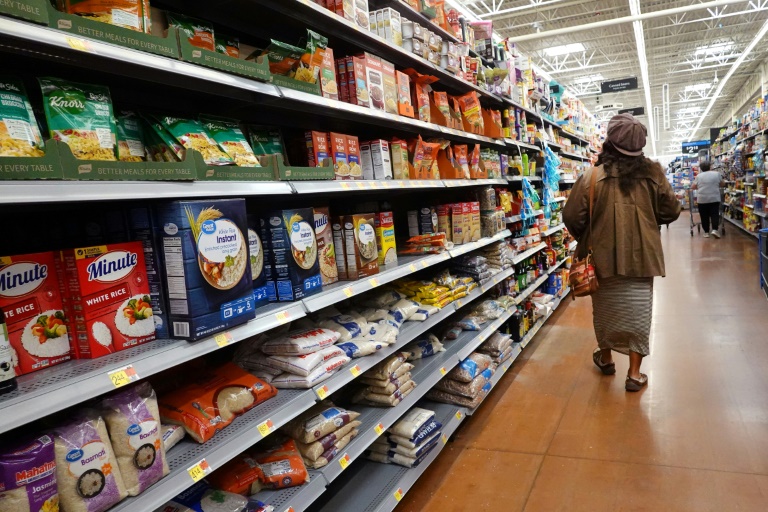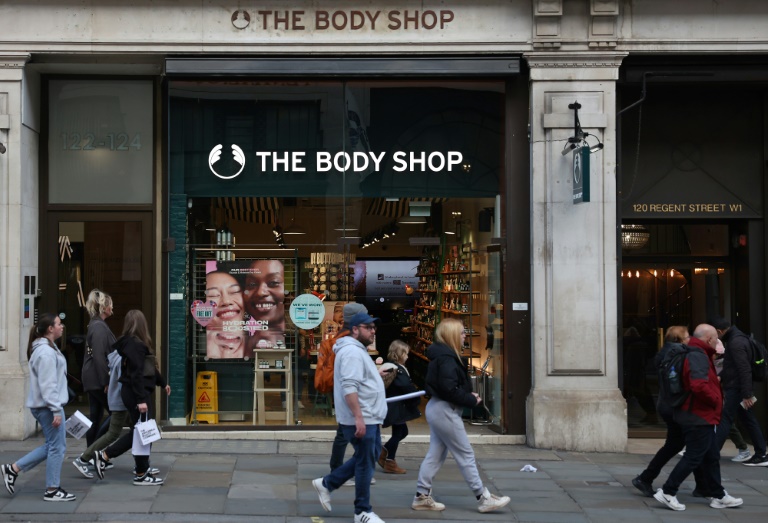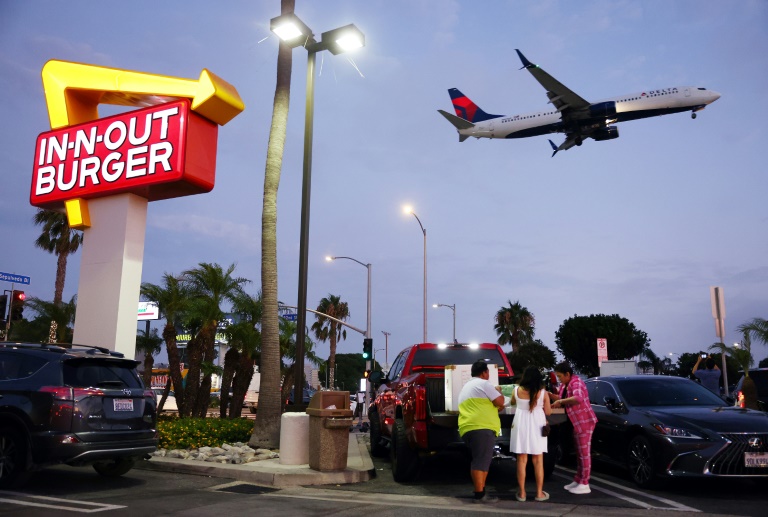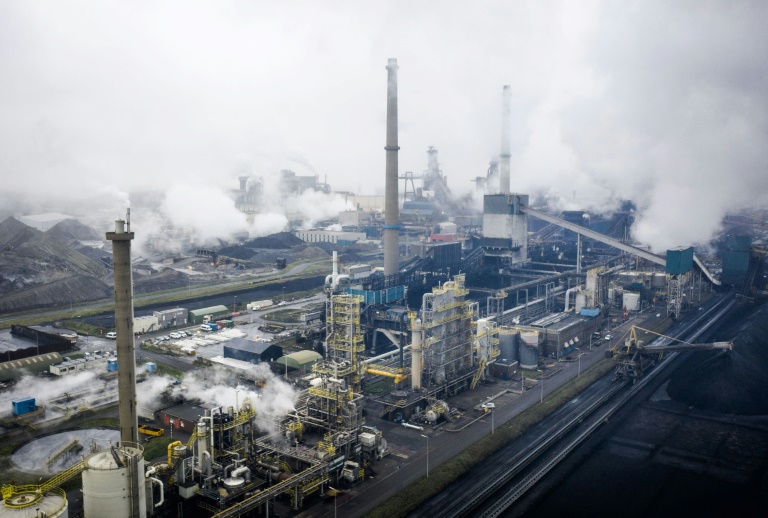Paris (AFP) – Senegal’s hotels have seen a wave of cancellations since political unrest hit the West African country and many foreign companies are nervous about the deadly troubles.
At least three people have died and scores more have been arrested in demonstrations across the country since President Macky Sall postponed an election planned for February 25. Tourism — together with oil — is one of the cornerstones of Senegal’s economic development plan. The tourism sector accounted for 10 percent of gross domestic product before the Covid-19 pandemic, according to World Bank figures.
“We have seen a large number of cancellations because of the crisis,” Pape Berenger Ngom, president of the Senegal Hotel and Restaurant Professionals’ Association, said.
“Hotel reservations have been particularly hit,” he added.
Searches for flights to Senegal, which relies heavily on the winter sunshine trade, fell 17 percent in the week of February 2 to 8 compared to the previous week, according to the ForwardKeys consultancy that monitors travel industry trends.
Nevertheless, the Club Med holiday village operator indicated that there had not been much impact so far.
Its resort at Casamance was 98 percent full on Monday and it had not imposed restrictions on outside trips, it said.
– ‘Positive perception’ affected –
Several multinationals appear to be prepared to ride out the storm, with British oil and gas giant BP and Australia’s Woodside both developing new oil fields off the Senegalese coast. Multinationals including Nestle, Philip Morris and TotalEnergies also have operations in Senegal.
“Some employees are more worried than others,” one company chief based in Dakar told AFP, speaking on condition of anonymity because of the sensitivity of the crisis.
So far, no foreign staff have asked to leave, the executive added, but “the atmosphere risks becoming more difficult” in coming days.
A planned protest march for later on Tuesday against the contested vote delay was postponed after it was banned by authorities.
But the crisis, which has prompted international concern, shows no sign of abating.
“The positive perception of Senegal among local and foreign investors will be greatly affected given the high country risk that this situation is going to generate,” the National Employers’ Confederation of Senegal said.
Foreign-backed energy projects have been a particular sign of Senegal’s move towards hydrocarbons to foster growth.
BP is leading the development of the Grand Tortue natural gas field, while Woodside is close to starting oil production at the Sangomar offshore field.
The International Monetary Fund (IMF) had predicted 8.8 percent economic growth for 2024 because of the start of oil and gas production — more than double the estimated 2023 figure.
Woodside insisted that its project remains on target, with the first production expected in mid-2024.
BP did not comment on any impact on its activities.
Neither did DP World, the Dubai group building the Ndayane deepwater port near Dakar, nor Aksa, a Turkish group building a gas-fired power plant at Saint-Louis, the northern town where a student was killed on Friday.
But Senegal’s future investment could be at risk, experts said.
– International aid –
“When an enterprise decides an investment, it could perhaps want to postpone it when it reads what it reads,” Etienne Giros, head of the French Council of Investors in Africa, said.
International creditors will also be watching closely. Africa has seen eight coups d’etat since 2020, with Niger and Burkina Faso both losing some of their international aid after military takeovers. Senegal received about $1.8 billion in foreign finance in 2022, according to the Organisation for Economic Cooperation and Development.
It is among the biggest recipients in Africa of international assistance.
The IMF in May approved $1.8 billion over three years under a deal in which the Dakar government would undertake reforms.
“Recent political developments in Senegal have created some uncertainty, potentially impacting investor confidence and economic activity,” the IMF told AFP in a statement.
While “the full impact remains to be seen”, it said it was “actively monitoring” the situation and made no comment on future payments in light of recent events.
But, the troubles have come as a shock to some analysts.
Senegal was “a favourite of the multilateral finance and development organisations”, said Dominique Fruchter, a senior economist at the Coface risk consultancy.
It has always been seen as “institutionally solid with favourable economic prospects,” he added.

